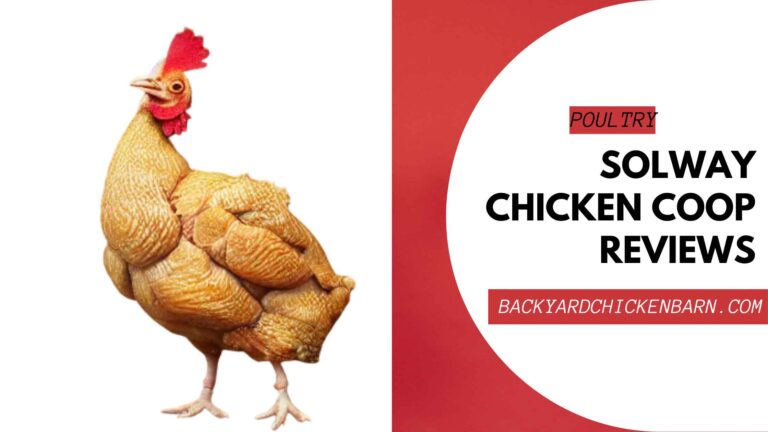Can Chickens Eat Kiwi?
Absolutely, chickens can eat kiwi! This tropical fruit is not only safe but also beneficial for your feathered friends. Packed with essential nutrients, kiwi can be a delightful and healthy treat for your flock. Let’s delve into the benefits of feeding kiwi to chickens, the best ways to serve it, and some tips to ensure their safety.
Nutritional Benefits of Kiwi for Chickens
Kiwi is a nutrient-dense fruit that offers a variety of health benefits for chickens:
- Vitamin C: Boosts the immune system.
- Vitamin K: Supports blood clotting and bone health.
- Vitamin E: Acts as an antioxidant, promoting healthy skin and feathers.
- Fiber: Aids in digestion.
- Potassium: Supports heart and muscle function.
- Folate: Important for cell growth and metabolism.
- Antioxidants: Protects cells from damage and boosts overall health.
How to Feed Kiwi to Chickens
While kiwi is safe and healthy for chickens, there are a few considerations to keep in mind to ensure it’s a beneficial part of their diet.
Moderation and Balance
Kiwi should be fed as an occasional treat rather than a staple food. Chickens should primarily consume a balanced diet of formulated chicken feed.
Preparing Kiwi for Chickens
To safely feed kiwi to your chickens, follow these steps:
- Wash the Kiwi: Rinse thoroughly to remove any pesticides or chemicals.
- Peel the Kiwi: While the skin is edible, it can be tough and difficult for chickens to digest. It’s best to peel the kiwi before serving.
- Cut into Small Pieces: Chop the kiwi into bite-sized pieces to prevent choking and make it easier for chickens to eat.
How Often Should You Feed Kiwi?
Kiwi should be given as an occasional treat, no more than once or twice a week. This moderation ensures that your chickens get a balanced diet without consuming too much sugar or fiber.
Benefits of Feeding Kiwi to Chickens
Including kiwi in your chickens’ diet can offer several benefits:
- Enhanced Digestion: The fiber in kiwi helps with digestion, keeping your chickens’ digestive systems healthy.
- Immune Support: The high vitamin C content boosts the immune system, helping chickens fight off infections.
- Skin and Feather Health: Antioxidants and vitamins like vitamin E promote healthy skin and feathers.
Potential Risks and Considerations
While kiwi is generally safe for chickens, there are a few potential risks to consider:
- Choking Hazard: Ensure kiwi is chopped into small, manageable pieces to prevent choking.
- Digestive Issues: Too much kiwi can cause diarrhea or other digestive issues due to its high sugar and fiber content.
- Pesticides: Always wash kiwi thoroughly to remove any harmful chemicals.
Comparing Kiwi with Other Treats
To see how kiwi fits into a varied diet for your chickens, compare it with other treats.
| Treat | Nutritional Benefits | Frequency |
|---|---|---|
| Kiwi | Vitamins C, K, and E, Fiber, Potassium, Folate | Once or twice a week |
| Green Grapes | Vitamins C & K, Potassium, Fiber | Once or twice a week |
| Blueberries | Antioxidants, Vitamins C & K, Fiber | 2-3 times a week |
| Watermelon | Hydration, Vitamins A & C | Once or twice a week |
| Leafy Greens | Vitamins A, C, and K, Calcium | Daily |
Fun Ways to Serve Kiwi
To make feeding kiwi more enjoyable for your chickens, try these serving ideas:
- Kiwi Chunks: Simply chop kiwi into small pieces and scatter them around the run for chickens to find.
- Kiwi and Berry Mix: Combine chopped kiwi with blueberries or strawberries for a fruity treat.
- Frozen Kiwi: Freeze kiwi pieces for a refreshing summer snack.
- Kiwi Skewers: Thread kiwi pieces onto a skewer and hang it in the coop for a fun, interactive treat.
Final Thoughts
Kiwi can be a wonderful addition to your chickens’ treat repertoire, offering a host of nutritional benefits. Remember to feed it in moderation, prepare it properly, and enjoy watching your chickens relish this exotic fruit. By providing a variety of healthy snacks like kiwi, you’re supporting the overall health and happiness of your flock.


